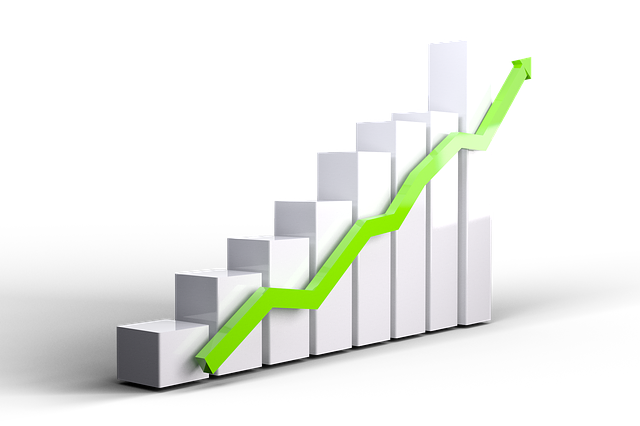Home improvement financing tailored for independent contractors provides access to specialized loan options, accommodating irregular income and flexible work schedules. These loans fund tools, materials, and labor, with adaptable repayment structures allowing contractors to focus on quality workmanship without immediate debt burden. Securing such financing requires meeting lender eligibility criteria, involving verification of contractor status, business revenue/expenses, existing debts, and stable income through tax returns or financial statements. Essential documentation includes identification, proof of income, detailed business records, references, and personal guarantees. Contractors have various loan options like home equity lines of credit (HELOC), construction loans, and specialized home improvement loans.
“In today’s dynamic economy, independent contractors often seek flexible financing options for their entrepreneurial ventures, especially in the realm of home improvement projects. This article serves as a comprehensive guide to navigating the world of loans specifically tailored for contractors. We’ll explore ‘home improvement financing for contractors’, delving into eligibility criteria, various loan types, and their unique benefits. Whether you’re a seasoned professional or just starting, understanding these options is crucial for successful project funding.”
- Understanding Home Improvement Financing for Contractors
- Eligibility Criteria and Requirements for Loan Applications
- Exploring Different Types of Loans and Their Benefits
Understanding home improvement financing for contractors

Many independent contractors embark on exciting projects involving home improvements, from kitchen remodels to bathroom makeovers. Accessing suitable financing is a crucial step in bringing these visions to life. home improvement financing for contractors offers specialized loan options tailored to meet the unique needs of self-employed individuals undertaking such endeavors.
These financing schemes recognize the irregular income patterns and flexible work arrangements common among contractors. They provide funding for essential tools, materials, and labor, ensuring that contractors can efficiently navigate their projects without financial bottlenecks. With various repayment structures available, contractors can choose options aligned with their cash flow, enabling them to focus on delivering quality workmanship rather than immediate debt repayment.
Eligibility Criteria and Requirements for Loan Applications

When applying for loans tailored to independent contractors, understanding the eligibility criteria is paramount. Lenders often require a detailed look at your financial history and business standing. This includes verifying your contractor status, checking your business revenue and expenses, and assessing any existing debts or obligations. Contractors seeking home improvement financing must be able to demonstrate a stable income, typically through tax returns or financial statements, to prove their ability to repay the loan.
The application process involves providing specific documentation such as identification, proof of income, and detailed business records. Some lenders may also ask for references or personal guarantees. These requirements are in place to ensure responsible lending practices and safeguard both the lender and the contractor. They help assess the risk associated with extending credit to self-employed individuals, ultimately determining approval and loan terms.
Exploring Different Types of Loans and Their Benefits

When it comes to securing funds for home improvement projects, independent contractors have several loan options available that cater specifically to their needs. One popular choice is the home equity line of credit (HELOC), which allows contractors to borrow against the equity in their property. This flexible financing option offers a revolving credit line, enabling contractors to access funds as needed for various renovation or remodeling endeavors. The benefit lies in its potential cost savings, as interest rates on HELOCs are often lower than traditional loan options.
Another type of loan tailored for contractors is the construction loan, designed to cover the costs of building or renovating a property. These loans provide a lump sum for initial stages and are disbursed in draws as the project progresses. This ensures contractors have funding at each phase, streamlining the financing process. Moreover, some lenders offer specialized home improvement loans with competitive rates and terms, making it easier for contractors to secure the necessary capital for their projects without the hassle of complex application processes. Such financing options are particularly beneficial for self-employed individuals who require flexibility and tailored solutions for their business ventures.
For independent contractors looking to embark on their next project, understanding the options for home improvement financing is a game-changer. By navigating through different loan types and meeting eligibility criteria, contractors can access the funds needed to transform their vision into reality. With the right financing in place, folks can revolutionize their spaces, fostering both personal satisfaction and business growth in today’s competitive market. Remember that, in light of these options, contractors now have the tools to enhance their projects and secure a brighter future.
